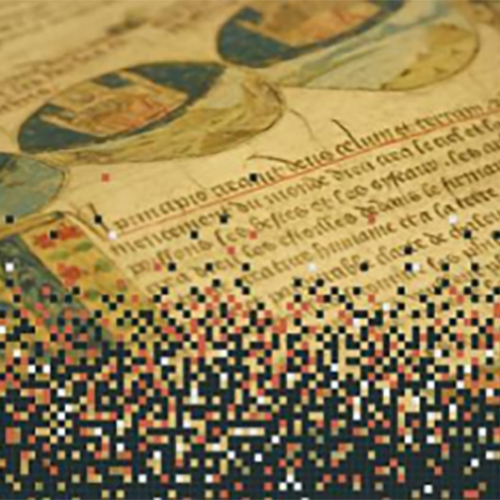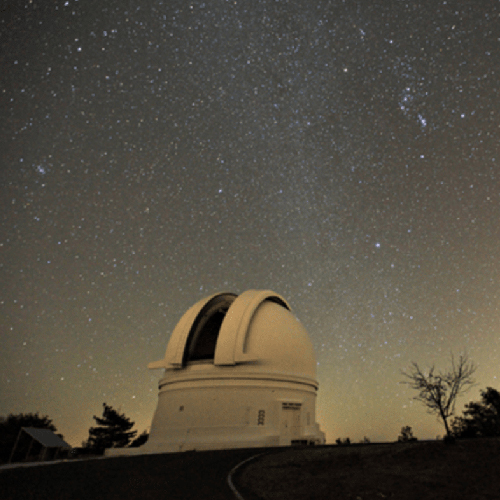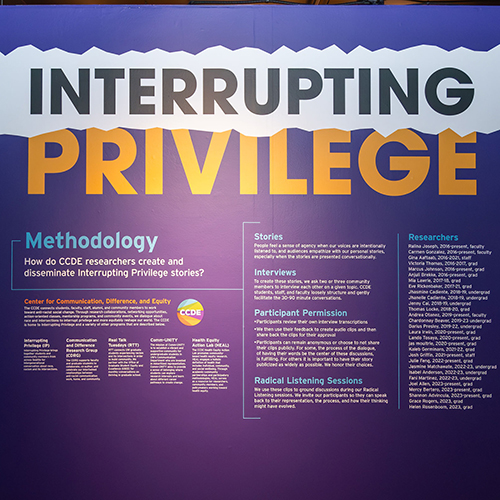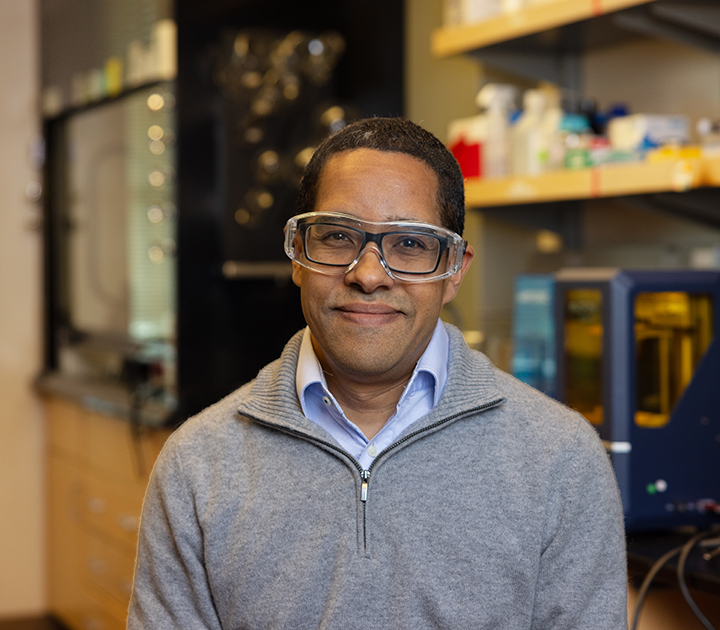Research in the College spans a wide range of topics, with many interdisciplinary areas — including population health and race and equity — connecting to broader UW initiatives. Across all four divisions, researchers, scholars, artists and teachers push the boundaries of discovery and expression.
Our faculty are leaders in some of the most ambitious research projects of our time, including the Rubin Observatory, the most comprehensive optical astronomy survey ever undertaken. Faculty across the College also work toward social change, focusing on equity, public policy, human rights, environmental justice, international relations, ethics in technology, and other timely and pressing issues.
With the UW’s prominence in data science, researchers in statistics, sociology, applied mathematics, and many other Arts & Sciences departments and units integrate data science into their work, focusing on the potential of data to help us better understand society and the world. Arts & Sciences faculty also provide expertise in the field of artificial intelligence and its implications for society.

Artificial Intelligence in Arts & Sciences
Faculty and students across the College are working at the leading edge of AI technology, using AI to develop research tools, applications, and pedagogical innovations in nearly every field.
Research Initiatives Across Arts & Sciences
Through interdisciplinary research initiatives, faculty and students are pursuing ambitious projects in all four Arts & Sciences divisions. Here are a few examples.

Arts
The Arts and Creativity Initiative aims to bring together students, artists, scholars and audiences in state-of-the-art facilities to catalyze creative discovery.

Humanities
At the intersection of technology and scholarship, the Digital Humanities initiative increases the accessibility of knowledge and builds community.

Natural Sciences
Researchers at the DIRAC Institute are using data intensive, computationally-driven science to explore fundamental questions about the origins and evolution of our universe

Social Sciences
The Center for Communication, Difference and Equity seeks to change the structures of power around us through research, classes, networking and mentorship

Through Chemistry and 3D Printing, New Materials Emerge
Imagine being able to produce medications on demand, anywhere, with a 3D printer. Imagine biodegradable plastics with the same durability — but more adaptability — than their petroleum-based counterparts. Alshakim Nelson, UW professor of chemistry and Nist Faculty Fellow, can imagine all of it. His research team develops innovative materials using 3D-printing technology, with potential real-world applications in medicine, engineering, and other areas.

Estimating the global impact of COVID
To estimate the number of excess deaths due to the COVID pandemic, the World Health Organization brought together an international research team led by Jon Wakefield, UW professor of statistics and biostatistics. The team’s estimate of nearly 15 million excess deaths by the end of 2021 was almost triple the number of COVID deaths reported by countries individually.
